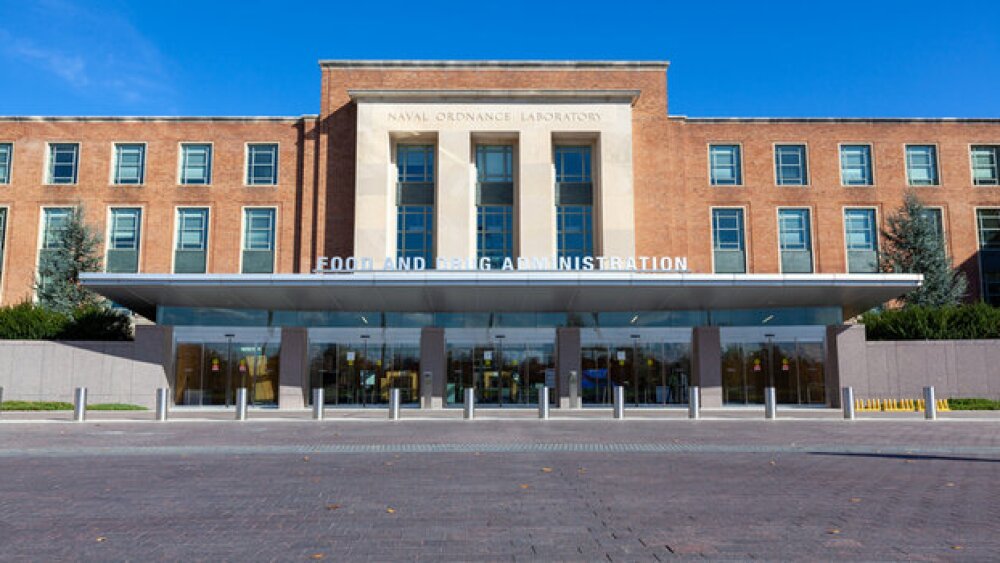August 1, 2016
By Alex Keown, BioSpace.com Breaking News Staff
SUMMIT, N.J. – Celgene is under fire this morning following allegations made in court that the company donated millions of dollars to charities that help patients afford high-priced drugs for cancer as part of a scheme to turn a profit of billions of dollars.
A whistleblower lawsuit alleges the company donated the money and then worked with the charities to ensure their own medicines were covered, such as its multiple myeloma drug, Revlimid, a violation of U.S. federal law, Bloomberg reported this morning. The scheme made Celgene eligible to receive reimbursements from Medicare and other government health programs. The lawsuit was filed by a former Celgene sales rep, Beverly Brown, Bloomberg said. Federal law prohibits drug companies from providing direct co-pay assistance to Medicare patients with prescription drug coverage, Bloomberg said. However, the law does allow companies to make donations to charities that provide assistance to patients—providing those charities are independent and the drug companies do not coordinate how the funds are spent.
The lawsuit pegs two charities, Patient Access Network Foundation and Chronic Disease Fund as two charities Celgene coordinated with. The lawsuit alleges Celgene gave the donations to the two foundations, described as kickbacks, in order to ensure those foundations pushed patients to using Celgene drugs, such as Revlimid and Thalomid, used to treat multiple myeloma and leprosy.
Celgene called the allegations baseless. Brian Gill, a company spokesperson, told Bloomberg the company followed all federal rules regarding charitable donations.
Revlimid has been one of Celgene’s chief revenue drives, earning billions for the company in 2015. According to the company’s year-end reports, Revlimid generated more than $5 billion for the year, a 16 percent over 2014 revenue. Revlimid accounted for more than half of Celgene’s $9.2 billion.
Bloomberg also noted that Celgene disclosed it received a subpoena in December 2015 from the U.S. Attorney’s Office in Massachusetts seeking documents regarding the company’s “support for non-profits that provide financial assistance to patients.”
Some drugs with high price tags, such as Revlimid or Gilead Sciences ' blockbuster hepatitis C treatments Harvoni and Sovaldi, have come under scrutiny over the past year. A Congressional report released by a U.S. Senate investigation earlier this year accused Gilead of maximizing profits before providing needed care to patients. Gilead has also been the subject of a lawsuit over its patents for an AIDS drug, Tenofovir. A lawsuit filed by the AIDS Healthcare Foundation alleges that Gilead “manipulated the patent system and engaged in anticompetitive practices to prevent economical access” to TAF, a prodrug of the Tenofovir compound.





